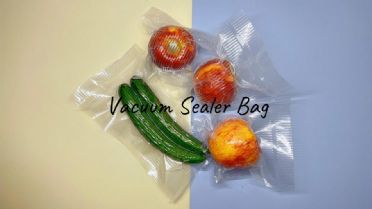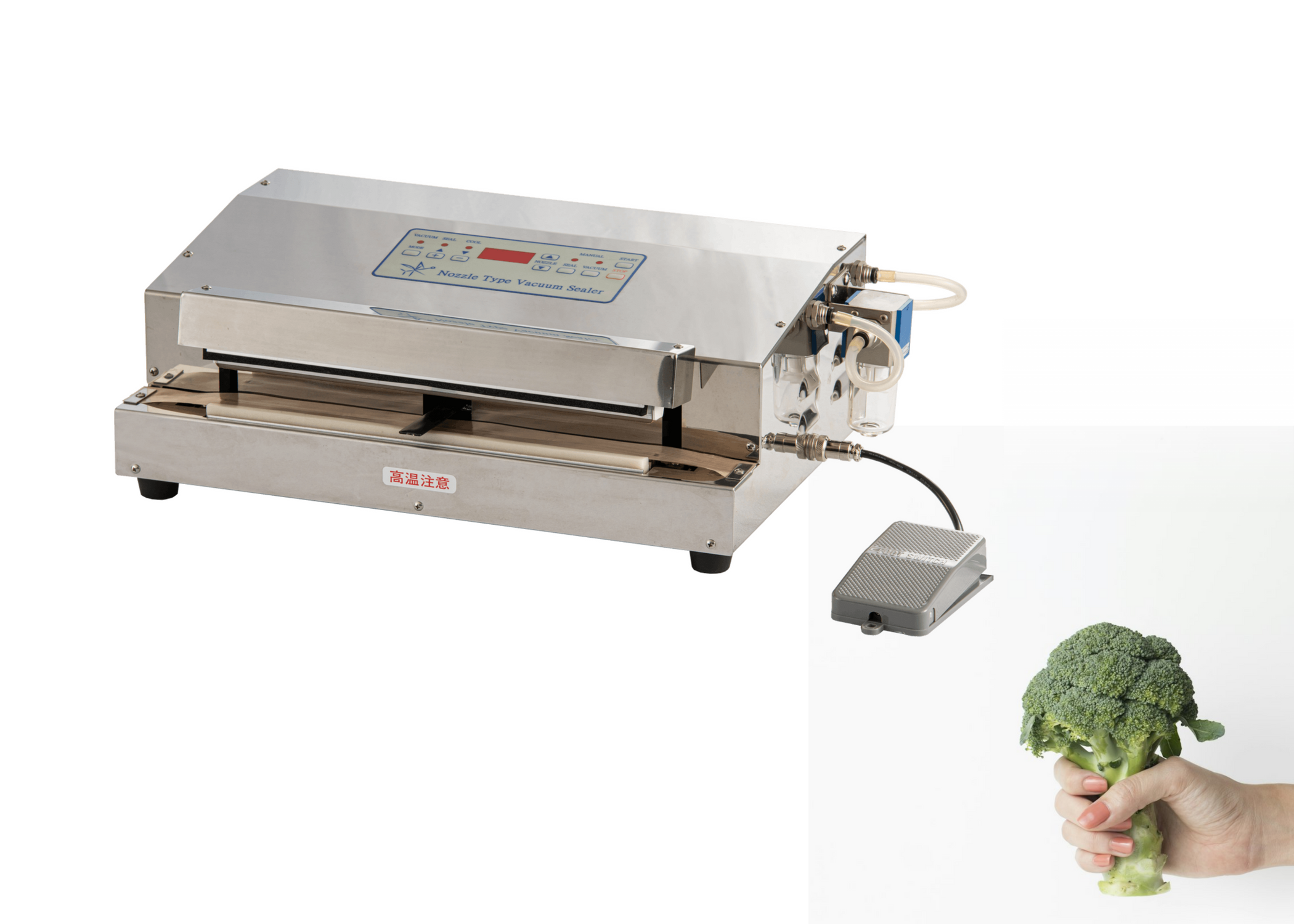Sealing length: 30cm.
Suitable for packing products: powder, dry articles, nuts, parts.
.png)
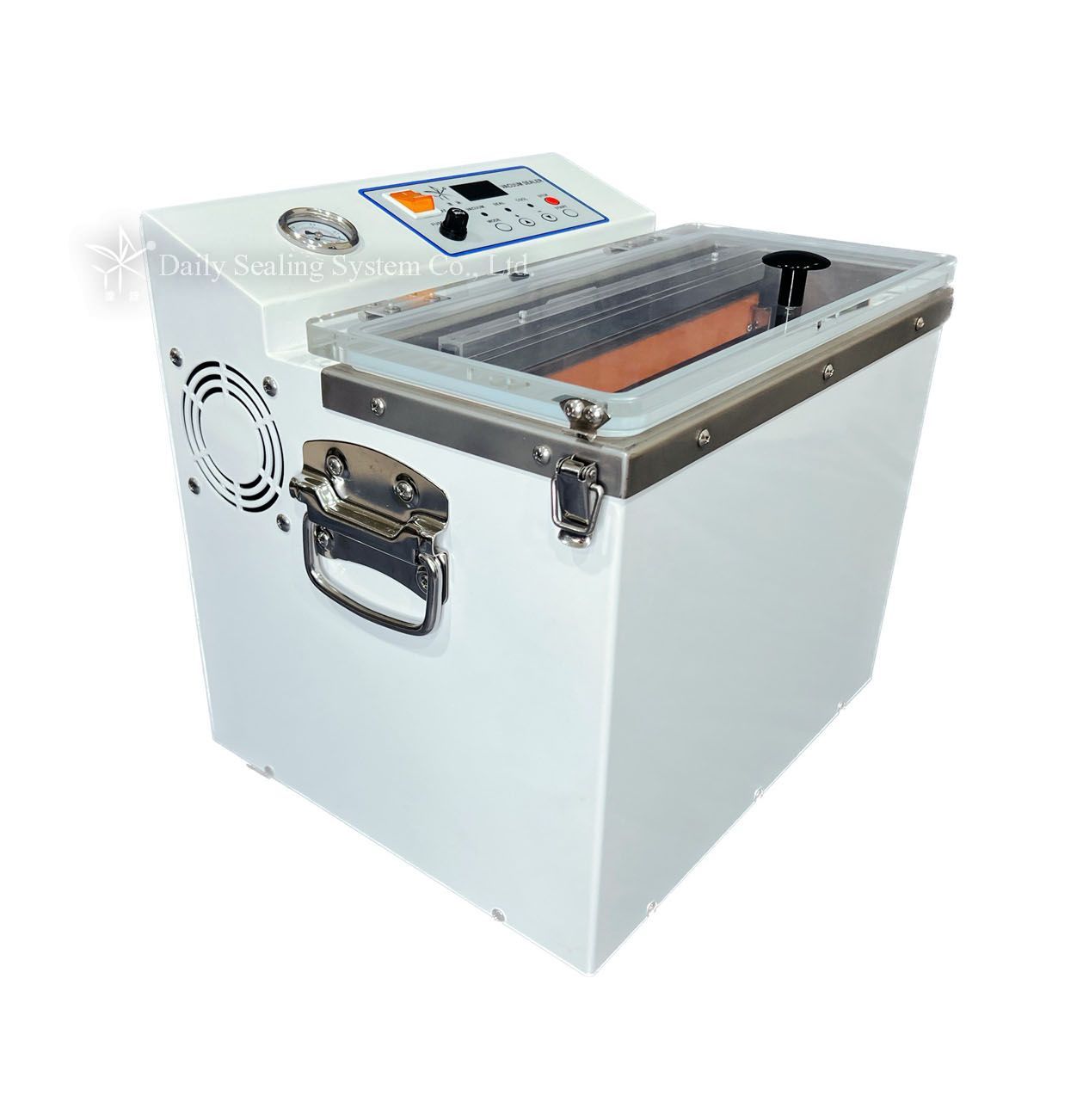
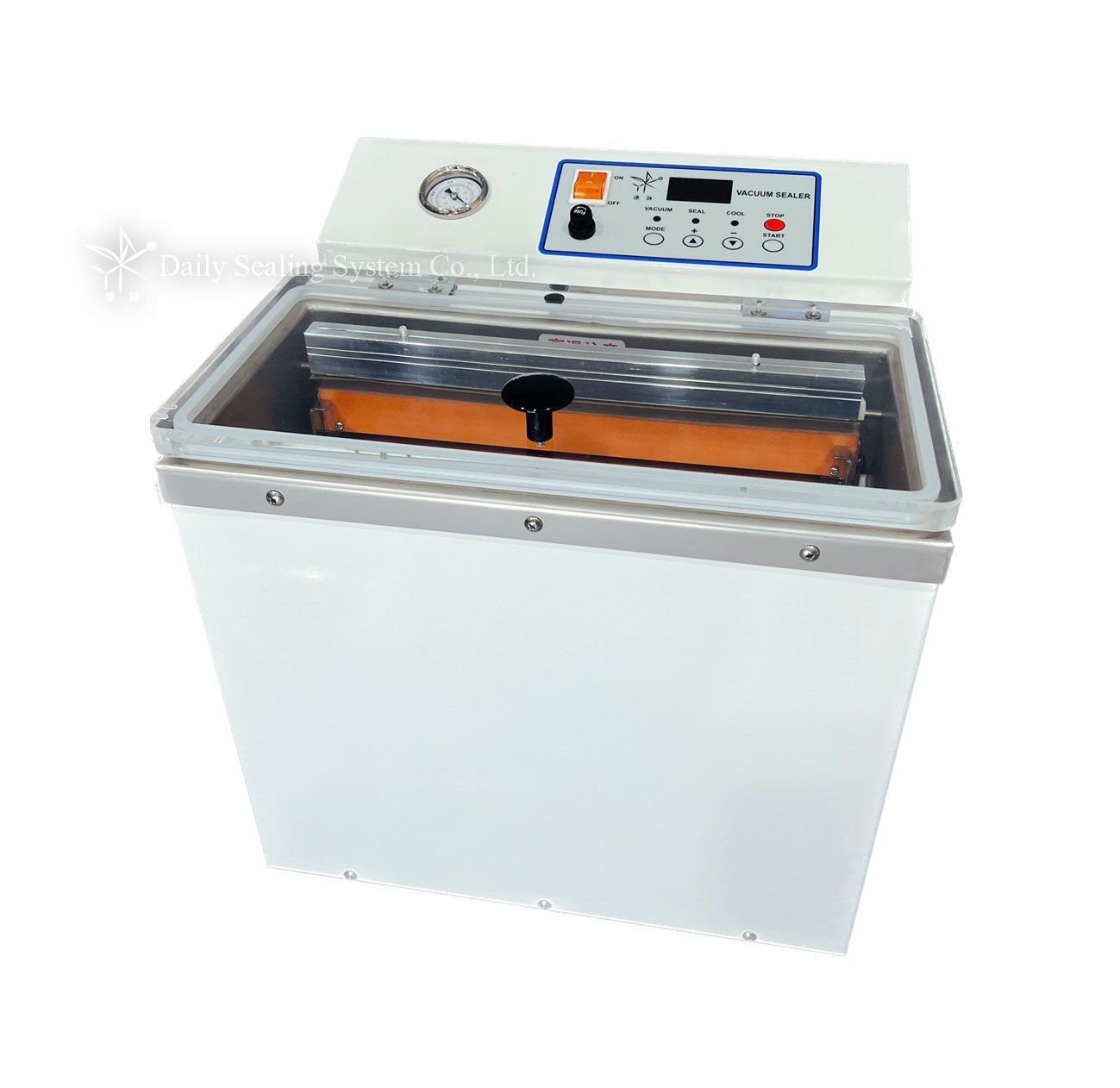
Tabletop chamber vacuum sealer:
• Made in Taiwan.
• Aluminum paint outer casing, rustproof, solid and heavy-duty, health and hygiene to be used.
• High sealing quality, can be perfomed by industry for professional vacuum and seal widely.
• Human-based control, it can adjust the vacuum time, sealing time and cooling time separately, which depends on the article size and bag material.
• This machine keeps food fresh longer and keeps the precious articles from humidity after vacuum and sealing.
• Available for any kinds of vacuum sealer bags.
•Machine size: we could develop the new design and size depends on customer’s demands.
| Model No. | DVB-305V |
|---|---|
| Voltage/Ampere | 110V / 3.7A |
| Power | 407W(110V) |
| Vacuum capacity | 26.6” hg |
| Max.sealing | 315.0 x 5.0 mm |
| Vacuum time | 0.0–99.0 sec. |
| Sealing time | 0.0 –6.0 sec. |
| Cooling time | 0.0–10.0 sec. |
| Machine size | 400 x 328 x 397 mm |
| Vacuum flow | 110L/min |
| Pump type | Oil-less type |
| Chamber size | 346 x 76 x 296 mm |
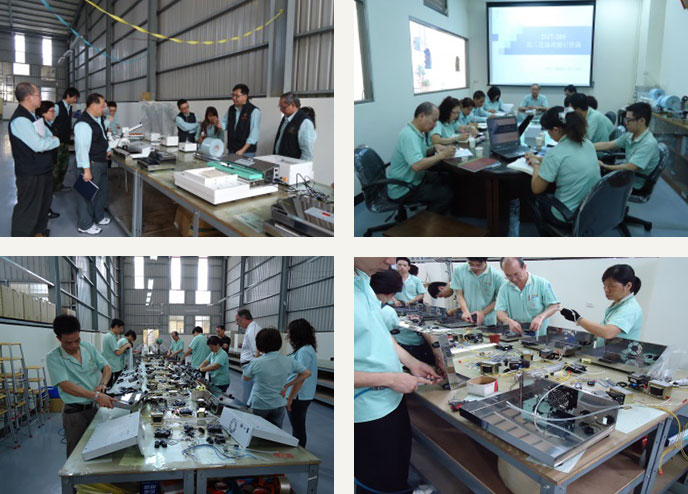
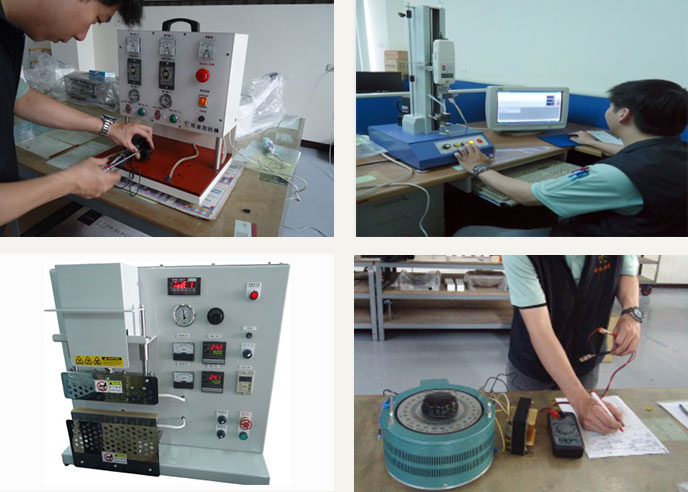
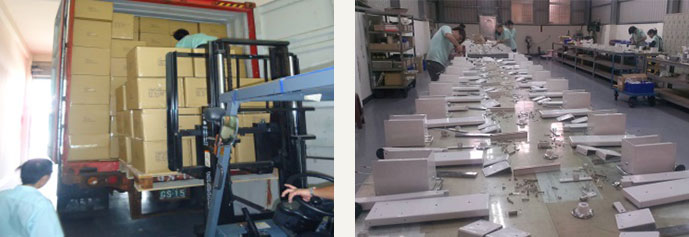
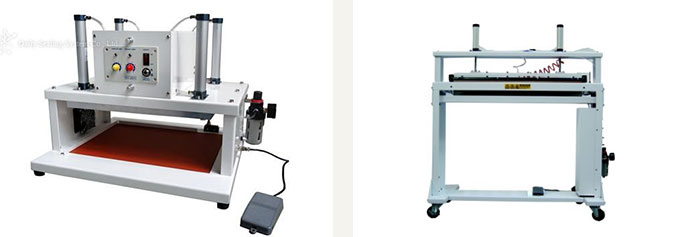
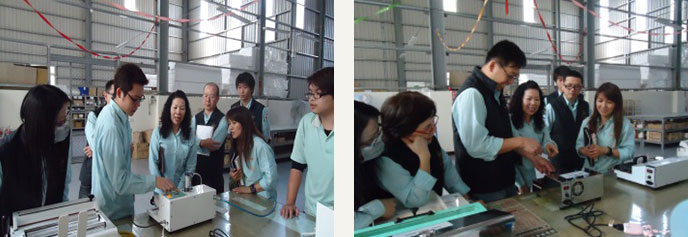
.jpg)
